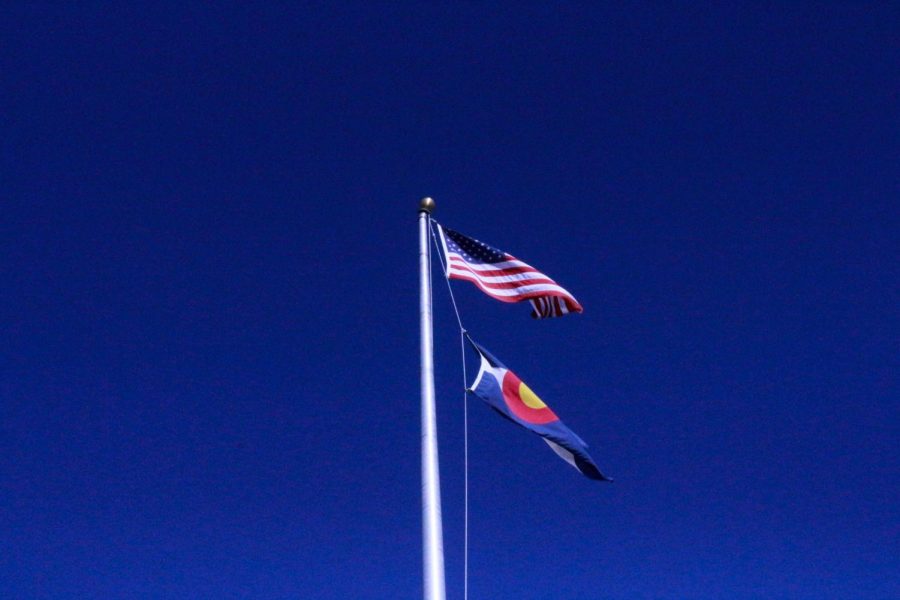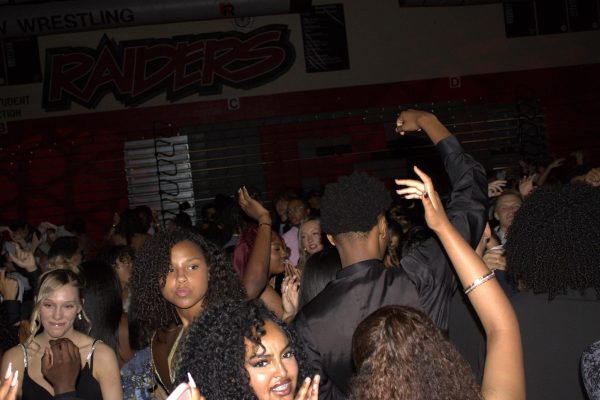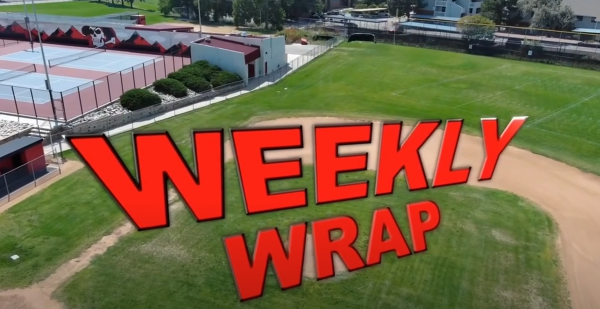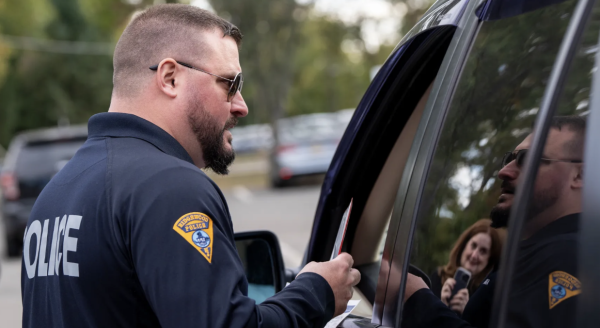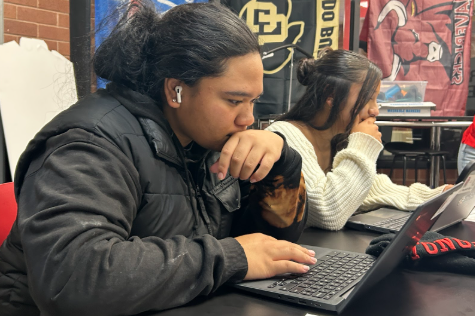A Constitutional Battle in Aurora’s Backyard
Feature Photo by: Dylan Tressider – The American flag in front of RHS. The American flag is often seen as a symbol of freedom for oppressed people around the world.
November 13, 2019
On September 19, 2019, an anti-ICE demonstration held by Abolish ICE Denver came together outside the home of Johnny Choate, the warden of a GEO-owned ICE Detention facility.
The protest involved approximately two hundred protestors outside the Warden’s house and it is only natural that a group that large can become quite raucous. According to Westword, The protest cost the city of Aurora approximately $22,445 in overtime fees to the officers who were assigned to mitigate and observe the protest to ensure that it did not get out of hand.
Now, some Aurora City Council members are considering approving an adjustment to a 19-year old amendment which will dictate when and where citizens of Aurora are able to protest and voice their displeasure with the government, which is an essential part of American life and society as a whole because it allows people to change their government.
According to Denver7News, the newly proposed legislation will set new guidelines for when and where protesters can protest in residential areas, and will prohibit obstructing roads and sidewalks in these areas.
The American Civil Liberties Union (ACLU), a group of people who have fought for civil rights for decades, says that most of the amendment is balanced, except one clause. This clause prohibits protesters from organizing, “between the following times, whichever period is earlier in the day: thirty minutes after sunset and 8:30 a.m., or 8:30 p.m. and 8:30 a.m.” in residential areas.
Many fear that this proposed revised amendment violates the first amendment of the Constitution, which (among other things) gives people the freedom of speech, the press, and the right to peacefully assemble.
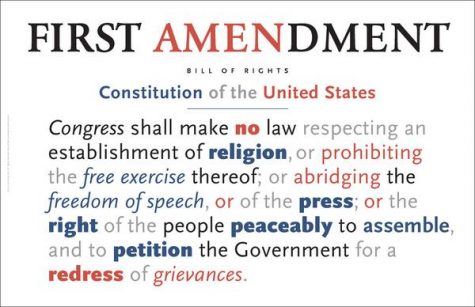
However, in spite of this fear, many people still believe that protesting in residential areas, especially very early or very late, should not be legal.
“I think that protesting late at night or early in the morning should be illegal in residential areas because most people are sleeping or don’t want to be disturbed early in the morning or late at night,” said Sophomore Manuel Lopez.
According to Francoise Bergan, an Aurora City Councilwoman, the revised amendment’s intention is not to infringe upon the First Amendment, but rather to give people living in residential areas safety and privacy.
But not everyone shares the opinion of Bergan. James Rotten, a spokesman for Denver Communists (a group who also participated in the demonstration) said in an email, “We oppose this attempt to repress free speech and, should it pass, we look forward to demonstrating that opposition outside another ICE official’s house.” (SentinelColorado)
Some at Rangeview also share the same opinion as Rotten.
“I don’t think it should be illegal because people have the right of freedom of speech and other rights and if they aren’t actually hurting anyone then there isn’t any reason they can’t do it,” said Sophomore Angelia Griffith.
However, some take a more balanced stance on the subject, with Lopez adding that, “if the protest takes place in front of a government building or a place where there is a problem, then it would be fair to protest as early or as late as thought necessary. I feel like that’s an equal balance to not violate the First Amendment.”
The interpretation of the First Amendment and the ideas about adding limitations to it remains a controversial subject; however, the limitations on protest impact the well-being of individuals throughout Aurora and America as a whole, which is why this debate is so significant.
